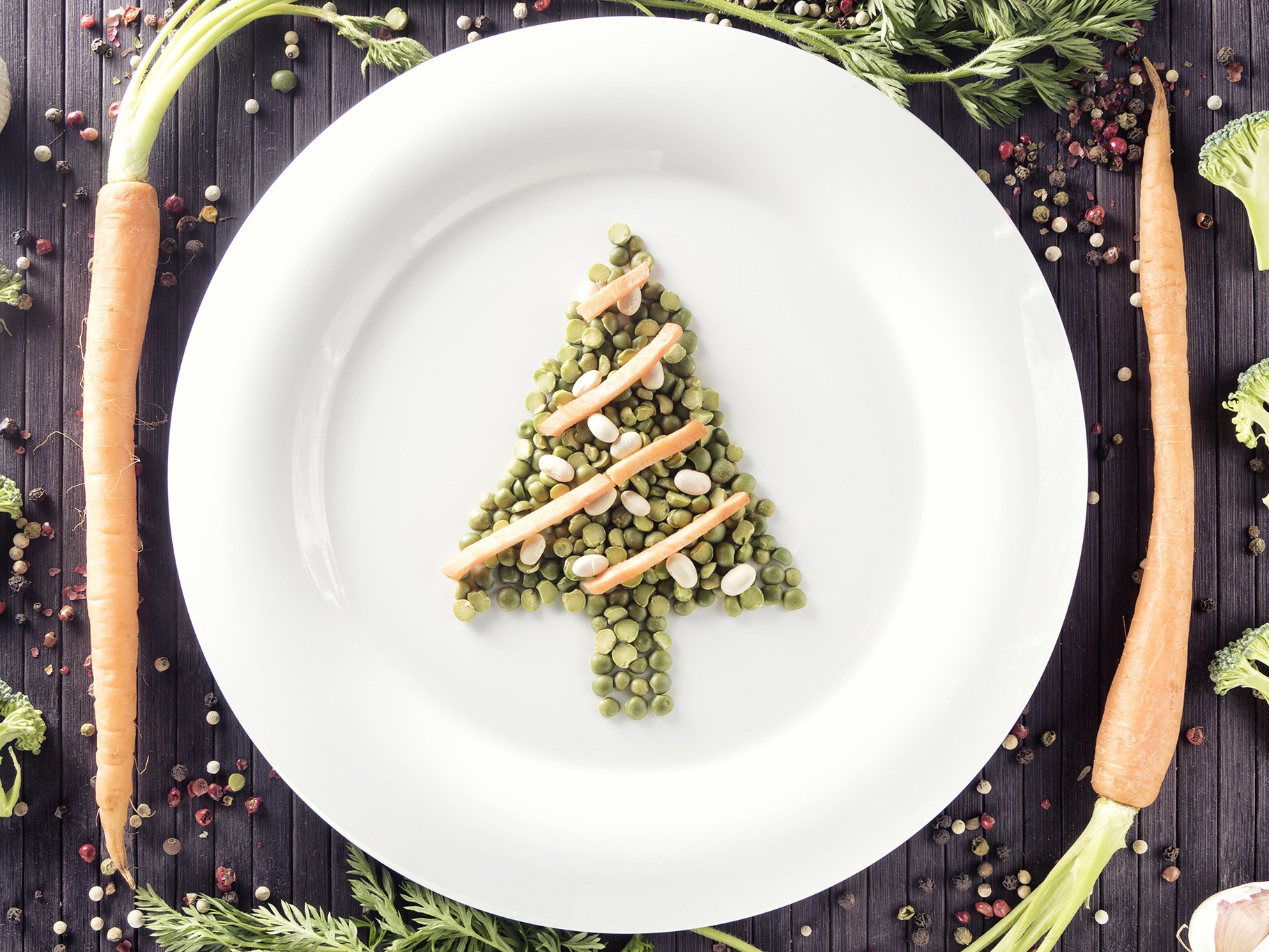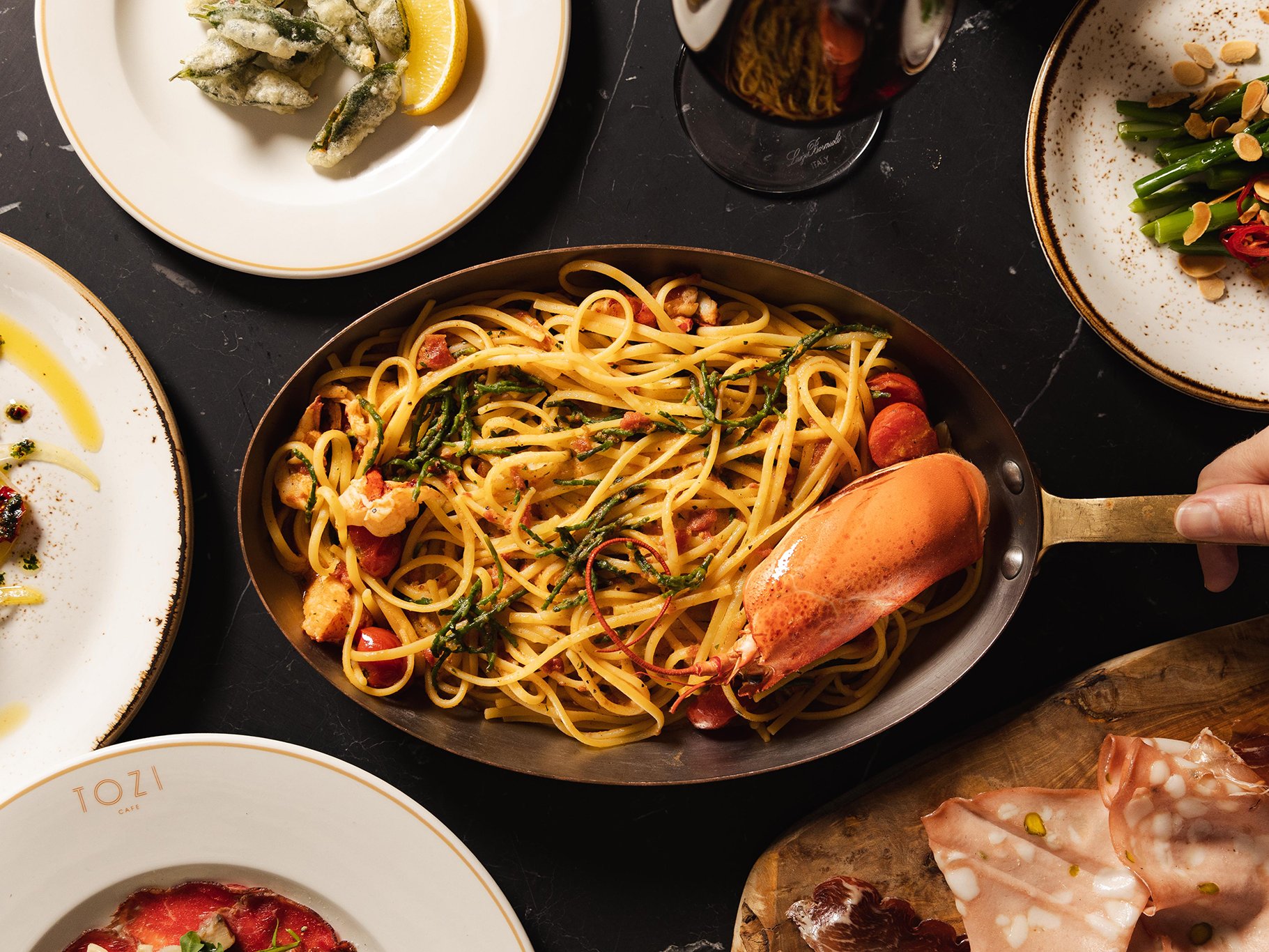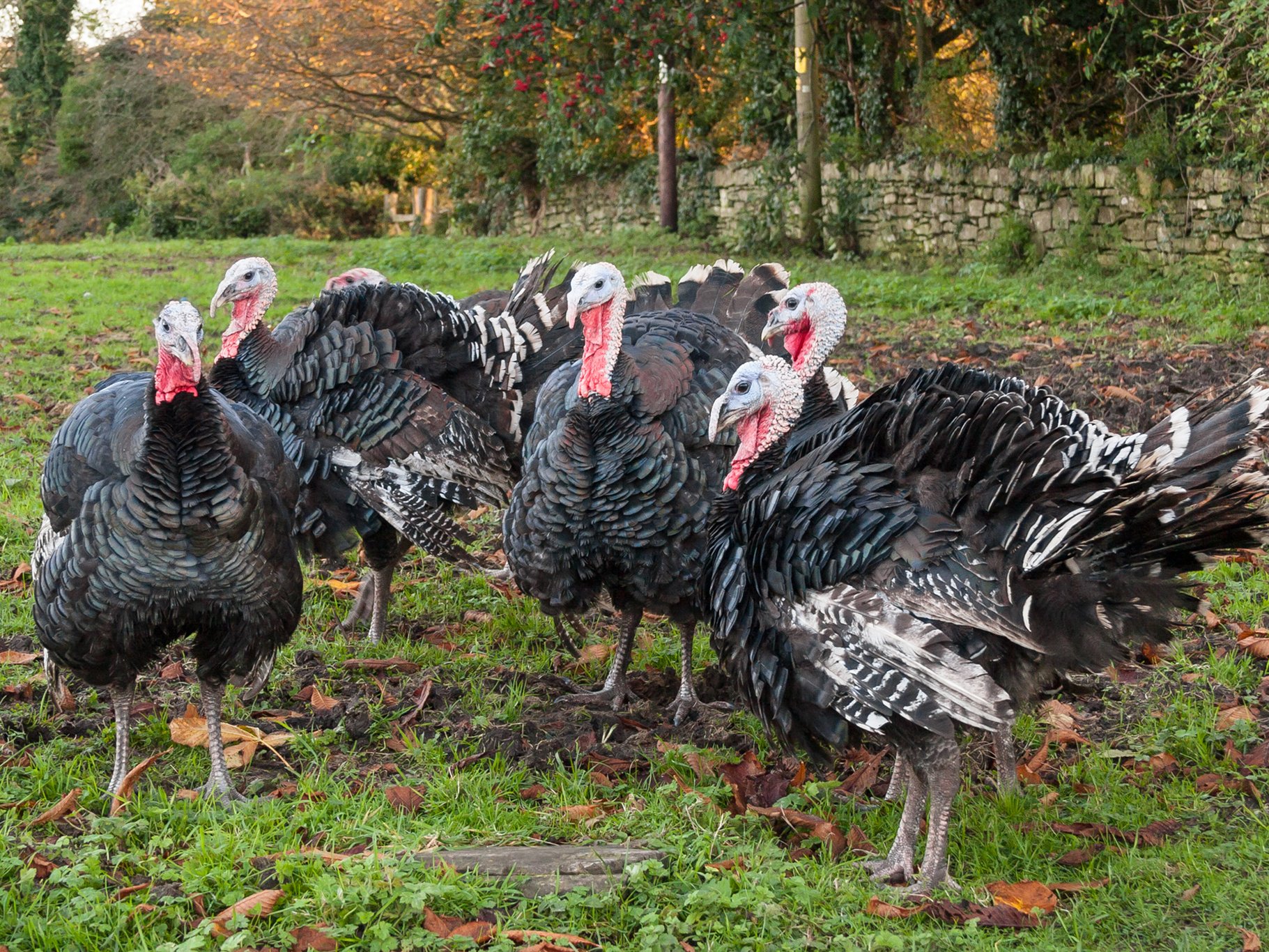Yuletide snacking with a clear conscience
Christmas offers an especially large array of sweet temptations...so should you be plagued by a guilty conscience every time you snack on a biscuit or piece of gingerbread?
Is Christmas a time of "empty calories"? When the entire house smells of vanilla, cinnamon and cloves, of oranges, roasted almonds or baked apples, everyone is keen to help themselves. And many of us probably eat more often than we might intend – and endure a guilty conscience afterwards. Yet many of the desserts and delicacies that increase our calorie intake have very healthy components that support us in many ways and are good for our bodies.
Vanilla in particular can hold its own as a rewarding companion in the winter season. The fruit of the creeping plant is odourless when fresh and only through curing does the vanilla bean develop its typical dark colour and scent. The vanillin inside, which is mainly responsible for the aroma, has a mood-lifting effect, stimulates the circulation and strengthens the nerves. Because its biochemical structure is similar to human sexual scents, vanilla is also said to have an aphrodisiac effect.
Other spices like the essential oils of anise (anethole), as well as eugenol in cinnamon, allspice and cloves, can help digestion and relieve flatulence. Allspice is the unripe fruit of the allspice tree and cloves are the dried flower buds of the clove tree. Cinnamon is the dried bark of the cinnamon tree. A distinction must be made between Ceylon cinnamon from Sri Lanka and Cassia cinnamon from southeastern China. Ceylon is finely spicy, aromatic, high-quality and low in coumarin. Cassia cinnamon, on the other hand, has a thicker bark and contains more tannins, which gives it a tarter taste.
Like spices containing eugenol, essential oils in cardamom can relieve bloating and stomach cramps by stimulating the production of bile and gastric juices and increasing blood flow to the stomach and intestines. Who can't benefit from that after a generous Christmas dinner? Cardamom, which comes from the seeds of a reed-like shrub, and cloves also have antibacterial and antiviral properties, which are beneficial for colds. However, whether one can benefit from these properties depends primarily on the amount consumed – and there are "slimmer" variants than Christmas biscuits, such as spice teas. And just a note: don't overdo it with spices like cinnamon, which can be toxic in large quantities.
Pleasantly fragrant
The spice notes do not only have an effect on the stomach. They caress the nose and can take us back to days long gone, to the Advent of our childhood. After all, smells are closely linked to emotions and memories – few children in Europe have more memorable experiences than Christmas. If we often hear in childhood that it smells good and is cosy when candles burn, tea steams and fresh biscuits come out of the oven, those all-round impressions are stored positively in our brain. This is because we immediately evaluate new smells and associate them with the experience, thoughts, current mood or emotions. And if later in life we perceive scents that are stored together with feelings of harmony, security and warmth, then our hearts will also be lifted.
The fact that we remember smells for so long is, by the way, evolutionary. Because we smell something with every breath, our brain cannot afford to evaluate every new aroma. It therefore relies on a fast, powerful mechanism, the emotional evaluation in the limbic system. This brain area has always had the task of communicating signals associated with smells – fire danger for example as well as comfort and security at Christmas time.

How dangerous is coumarin?
Too much cinnamon is purportedly unhealthy because we ingest too much of the active ingredient coumarin. But is that really true?
Coumarin, which is found in dates and lavender, as well as in cinnamon and thus in cinnamon stars, gingerbread and the like, is a natural flavouring and fragrance that has antithrombotic, antiinflammatory, and vasodilatory properties. But ingesting too much of it leads to headaches, nausea, vomiting and temporary liver damage. However, the Federal Institute for Risk Assessment in Germany (BfR) and the Austrian Agency for Food Safety (AGES) do not see any danger as long as food containing cinnamon is consumed in moderation. The tolerable daily intake is 0.1 milligrams per kilo of body weight. Children are therefore particularly at risk. At a body weight of 15 kilos, the maximum amount is about 30 grams of cinnamon stars (about six pieces) or 100 grams of gingerbread daily. At a body weight of 60 kilos, four times this amount is the upper limit. If you use large amounts of cinnamon as a spice, for example in rice pudding or biscuits, it is generally better to use low-coumarin Ceylon cinnamon instead of Cassia cinnamon.













